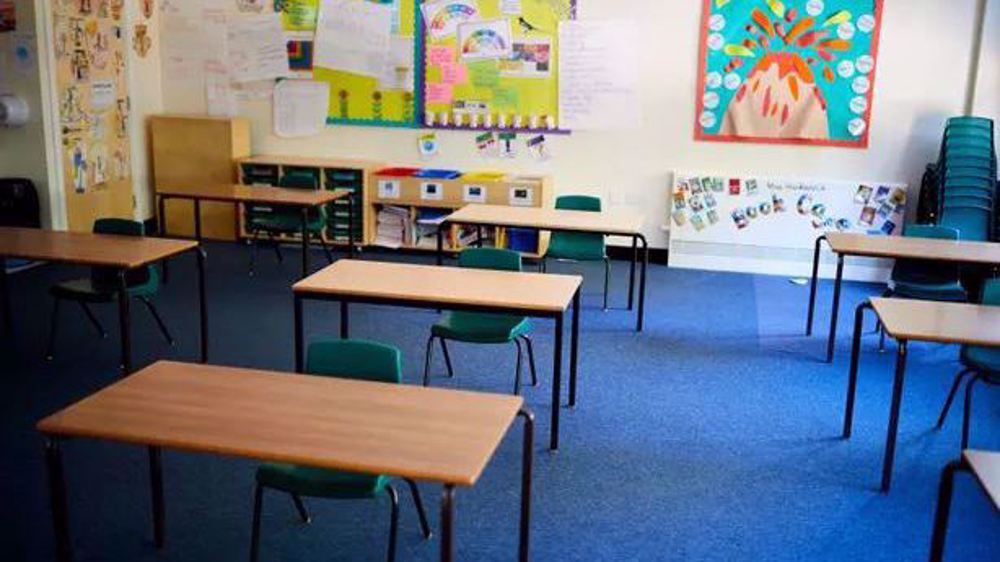Poor housing growing barrier to children’s education in UK: Report
A British education charity working with the government has tied high absence rates in schools across the UK to what it describes as "insecure, unsuitable and poor-quality housing".
School-Home Support (SHS), which helps pupils in Britain to overcome barriers to education, reports that 19 percent of the children it works with this academic year cite their accommodations as a major barrier to attending school.
The figure, which stood last year at 11 percent, marks a year-on-year increase of 73 percent.
The study comes amid growing concerns over higher levels of absence in many schools in England since the COVID-19 pandemic.
The respondents of the study include children whose families may have been forced to move into temporary accommodation or an emergency refuge for their own safety, and suddenly find themselves a long way from school.
The SHS said that poor housing also makes it challenging for pupils to engage with their studies as there is no space to study or do homework.
The most recent date from the Department for Education (DfE) revealed that absences in the spring term this year remained 50 percent higher than before the pandemic while in 2021-22, over one in five secondary pupils were “persistently absent,” missing 10 percent or more of sessions.
According to SHS, the two other top issues that affect school attendance are feelings and behavior, cited by 27 percent of respondents, and confidence and self-esteem, cited by 25 percent.
The data is drawn from a group of 383 young people whom the charity worked with in the 2022-23 autumn and spring terms.
SHS’s chief executive officer, Jaine Stannard, called for providing schools with needed funding to enable them provide pastoral as well as academic catch-up support for those children struggling to engage.
“If you are living in temporary accommodation miles away from school or have spent the last night in a car, that needs to be the priority conversation," Stannard emphasized. "There are no quick fixes... By addressing underlying causes of poor attendance early on, we can prevent issues from escalating.”
Iran Armed Forces shoot down US F-15 fighter jet near Kuwait border
IRGC, Army launch fresh waves of missile strikes against Israeli, US targets
Red Crescent Society: 555 people killed across Iran in US-Israeli onslaughts
Operational concerns delayed US-Israeli aggression against Iran for a week: Report
Iran slams Israeli attacks on Lebanon, warn UNSC’s inaction to embolden regime
Iran says has ‘no choice’ but to fight back, holds no enmity toward American people
Bahraini police assaults crowds mourning loss of Ayatollah Khamenei
Iran posed no imminent threat to US: Pentagon tells Congress











 This makes it easy to access the Press TV website
This makes it easy to access the Press TV website